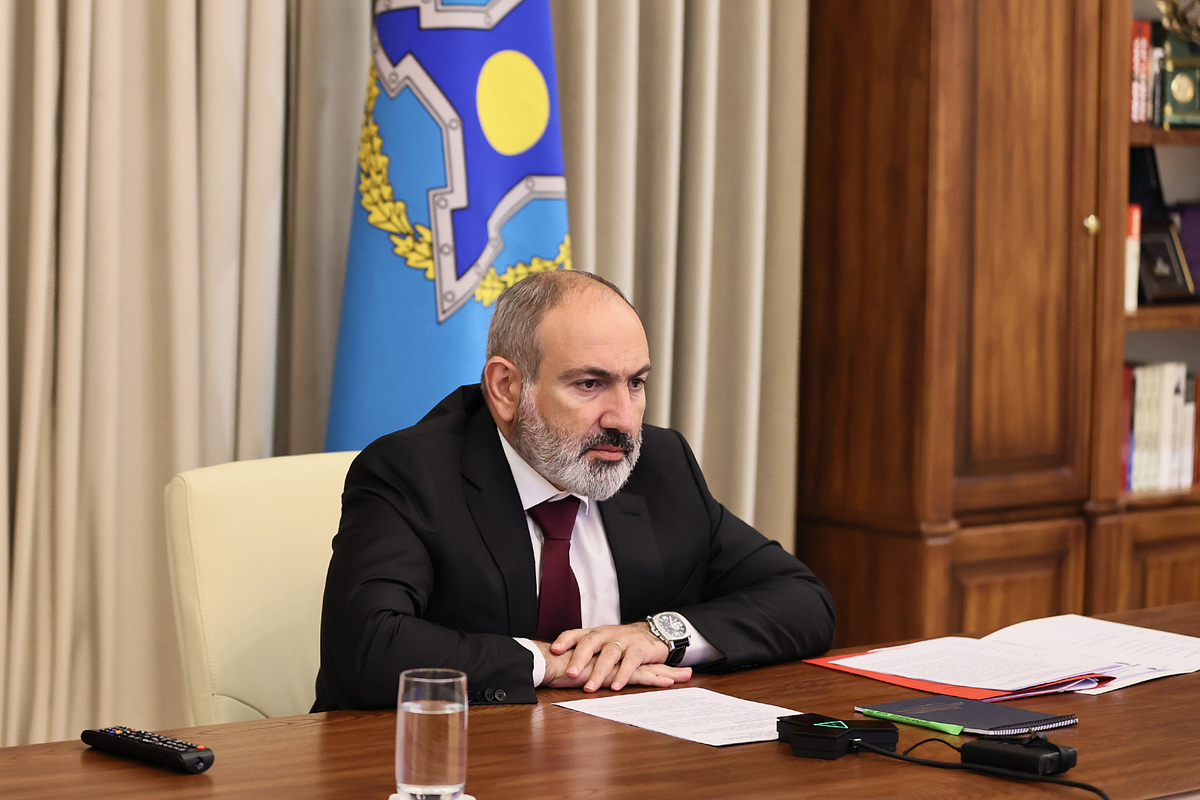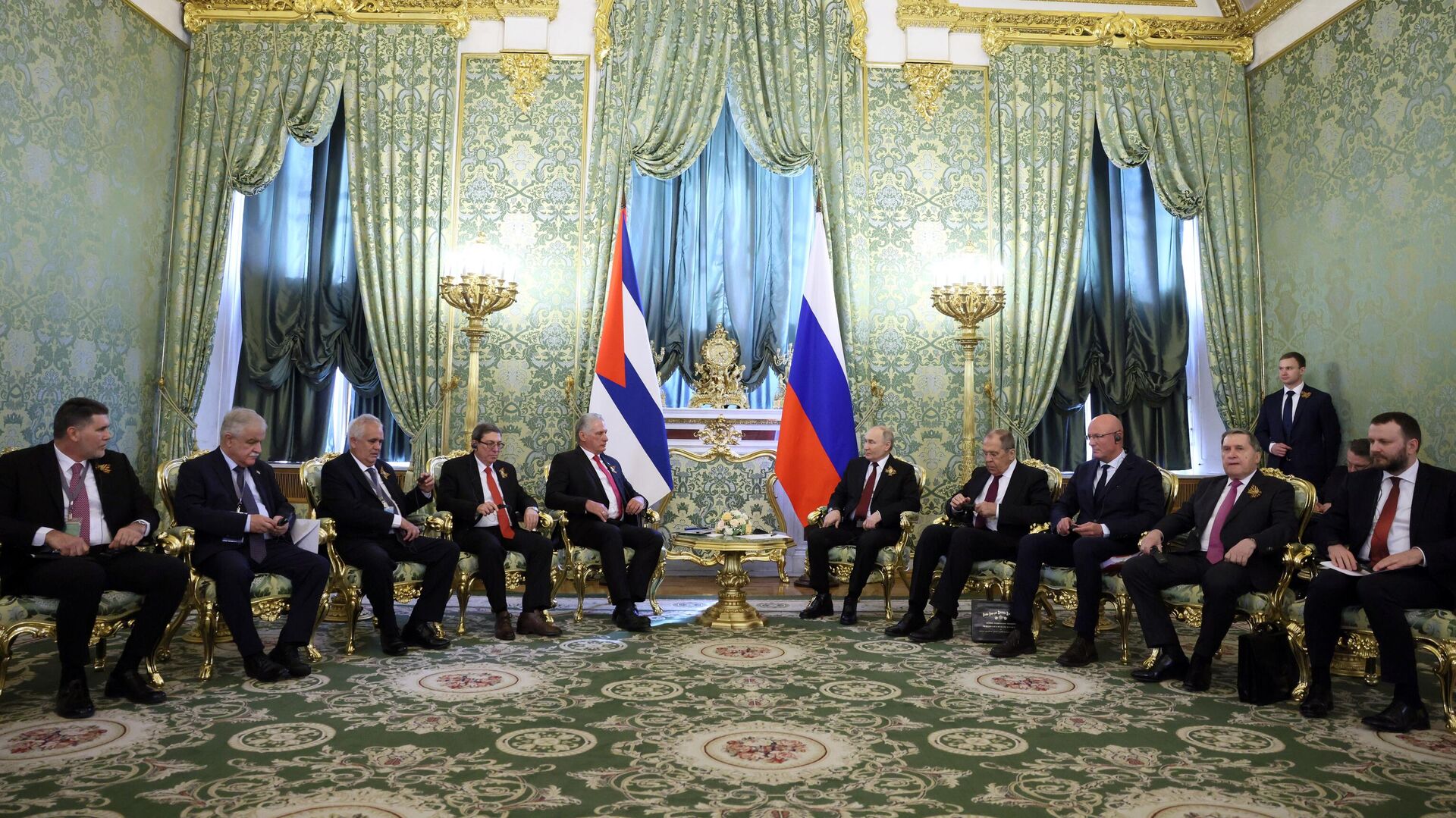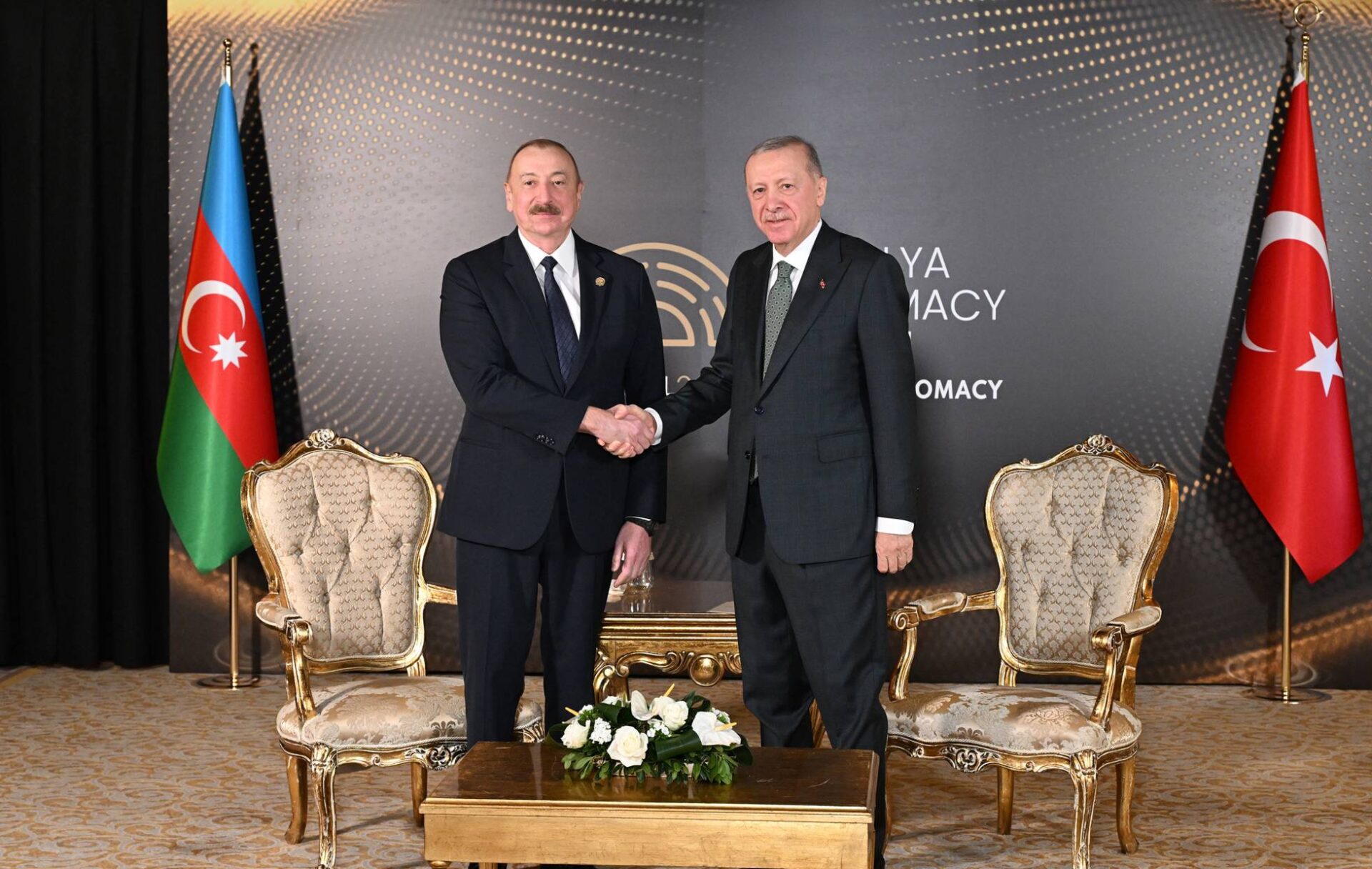
Moscow Fears Armenia Now Following Same Path as Georgia and Ukraine
Moscow Fears Armenia Now Following Same Path as Georgia and Ukraine
Executive Summary:
- Moscow fears that Armenia may demand that Russia pull its border guards from Yerevan’s international airport and close its military base at Gyumri, following Armenia’s suspension of its membership in the Collective Security Treaty Organization.
- The Kremlin worries about losing influence in Armenia. Russian officials see the West as behind these moves and warn that if Armenia continues to follow the path of Georgia and Ukraine, it may face the same fate.
- Moscow is already applying economic pressure and exploiting Azerbaijani territorial demands in northern Armenia in hopes that it can block Armenia’s turn to the West.
On March 6, shortly after Armenia suspended its cooperation with the Collective Security Treaty Organization (CSTO), Yerevan called for Moscow to pull its border guards from Armenia’s international airport. Russian analysts believe that this demand puts Armenia on the same course as Georgia and Ukraine that ultimately led to Russian military action in both states (see EDM, March 5; News.am, March 6; Kavkaz Uzel, March 7; Svobodnaya Pressa, March 7). Armenia’s latest demand has sparked fears in Moscow that Yerevan, given its rapidly warming ties with the European Union, will demand that Russia remove its guards from other portions of the Armenian border. Yerevan may also push to have Moscow shut down its4,000-man military base at Gyumri to replace the outpost of Russian power with bases for the European Union and the North Atlantic Treaty Organization (NATO) (see EDM, November 6, 2023, March 11; Svabodnaya Pressa, March 7).
The Kremlin has launched a propaganda campaign in Armenia and among the Armenian diaspora to prevent the shutdown of the base at Gyumri and thereby curtail much of Moscow’s influence in the South Caucasus. The campaign suggests that no one except Russia can provide Armenia security and that Armenia’s survival will be at risk if Yerevan continues its current policies (see EDM, January 10; MK.ru, March 13; RT, March 13). Additionally, the campaign has called attention to how Baku’s demands for the return of Azerbaijani exclaves in the northern part of Armenia could threaten Yerevan’s economic links with Russia. This issue, however, could make achieving a peace agreement between Yerevan and Baku more difficult. These exclaves, holdovers from Soviet times, are situated alongside trade route infrastructure between Armenia and the north (for more on Moscow’s current attempt to use them as a threat, see Nezavisimaya Gazeta, March 10; Vedomosti, March 14).
On the one hand, the analogies some in Moscow are drawing between the Armenian situation and what has already happened in Georgia and Ukraine are alarming. On one hand, the similarities indicate just how angry Moscow is at Armenia’s turn from Russia. On the other hand, the ways in which the Russian government has tried to combine such language with suggestions that Armenia is not going anywhere else because it has no such choice highlights a new reality. Moscow has few effective options to respond to Armenia’s increasing divergence from the Kremlin besides scare tactics. Russia is unlikely to be in a position where it can afford to use direct force until there is some conclusion to Russian President Vladimir Putin’s war in Ukraine. Consequently, the language used by some in the Russian capital is likely to prove counterproductive, prompting both Yerevan and Europe to move more quickly to secure Armenia’s integration into the West. If that happens, Russia will likely soon lose an ally—one assumed by most to be ensured forever by virtue of Armenia’s geographic location and the threat of Türkiye and Azerbaijan (see EDM, March 5).
Another player has entered this rapidly changing scene: Iran. The Iranian foreign minister visited Yerevan just three days after Armenia issued its demand for Moscow to pull its border guards from the airport (IA Realist, March 10). Iran’s shared border with Armenia and its desire to counter Azerbaijan and expand its role in the South Caucasus means that Tehran is also pressing for closer ties with Yerevan. Some in the West may be concerned thatTehran’s policies will not help Russia the way some in Moscow or elsewhere might expect. Expanded Iranian ties will make it easier for Yerevan to parry any Russian economic pressure, a reality some in Moscow are already acknowledging (Svabodnaya Pressa, March 7).
Moscow has good reason to worry about increased European involvement in Armenia. Earlier this week, the European Parliament voted to establish closer relations with Yerevan and called on Armenia to seek broader integration with the West (News.am, March 14). Armenian officials welcomed the resolution and promised to pursue closer ties. Prime Minister Nikol Pashinyan, however, suggested that any major move toward the West would require not only the commitment of his government but also broad popular support (Aysor.am, March 14; News.am, March 14). The European Union’s decision and Pashinyan’s response were more than enough for Moscow officials and commentators to conclude that the West was behind what Yerevan has done regarding border guards and may do about the Russian base at Gyumri, thus requiring a firm Russian response (The Insider, March 7; Svabodnaya Pressa, March 7).
Moscow is considering what it can do given the restrictions on its capabilities due to the war in Ukraine and the interest of outside powers in expanding ties in places like Armenia. Russia’s influence is waning in Armenia, and Russian government spokesmen have adopted their usual tactic of claiming that they have not received an official notification of Armenia’s intentions. Alternatively, the Kremlin suggests that whatever may appear to be happening on the surface regarding the CSTO or other issues is not a sign that future relations between Moscow and Yerevan will fail to continue to develop in a positive way over time (Kommersant, March 6; Regum, March 13; Izvestiya, March 14).
With each passing day, at least as far as Armenia is concerned, such Russian statements look like the denials of a reality quickly becoming true. Behind the scenes, Moscow is ever more worried and considering what it might do to change the situation in its favor. That makes the analogy between Georgia and Ukraine worrisome. It suggests that the Kremlin may draw from its earlier playbook and spark unrest in the streets of Yerevan or even attempt a coup attempt against the Pashinyan government. Doing either or both would be consistent with the Putin regime’s tactics elsewhere, meaning they cannot be excluded in Armenia. Consequently, as Yerevan and the West pursue closer ties, both must be wary of such risks lest they lead to disaster, regardless of the reassuring comments offered by the Russian Foreign Ministry.

